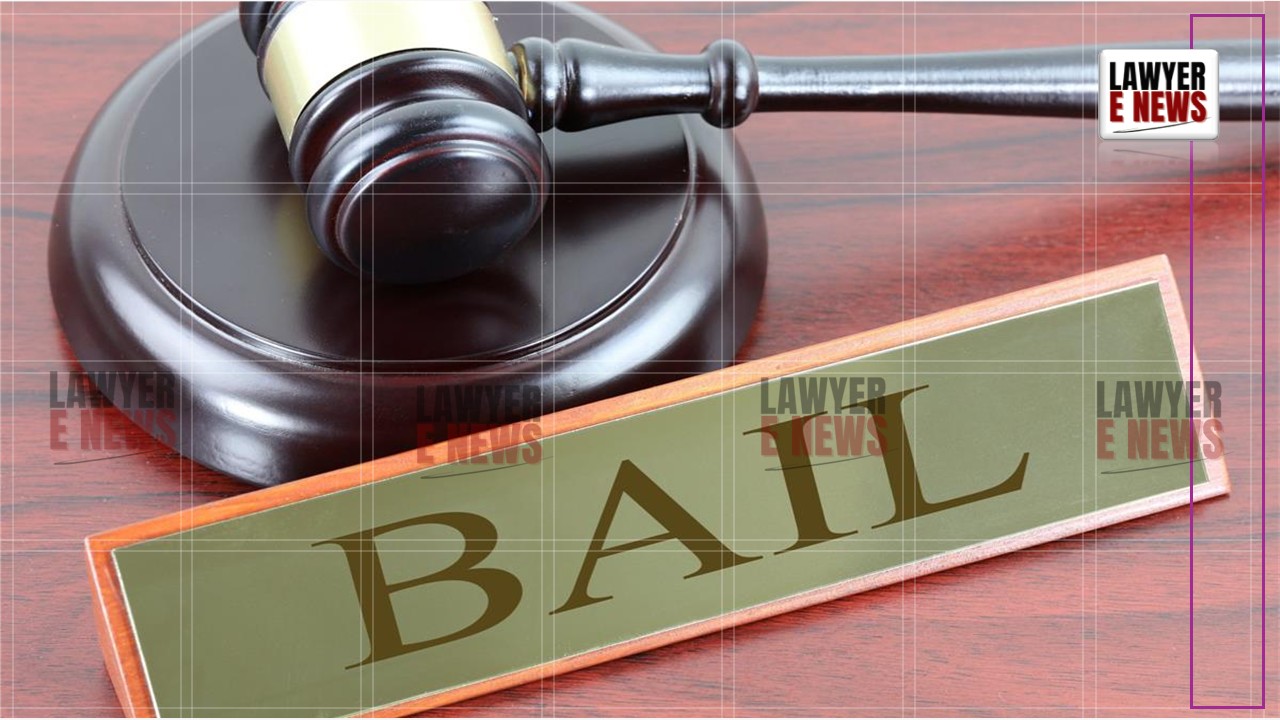-
by Admin
16 February 2026 1:47 PM



In a landmark decision Supreme Court of India granted bail to Tapas Kumar Palit, an undertrial accused charged under the Unlawful Activities (Prevention) Act, 1967 (UAPA). The bench of Justice J.B. Pardiwala and Justice R. Mahadevan set aside the Chhattisgarh High Court’s order denying bail, holding that prolonged incarceration without trial completion is a violation of the fundamental right to a speedy trial under Article 21 of the Constitution.
The Court expressed serious concerns over judicial delays in cases involving stringent laws like UAPA, observing that an accused cannot be left to languish in jail indefinitely without a trial conclusion.
The case originated from an FIR registered on March 24, 2020, against Tapas Kumar Palit for allegedly being in possession of materials linked to Naxalite activities. The police intercepted his vehicle and seized items such as 95 pairs of shoes, green-black printed cloth, two bundles of electric wire (100 meters each), LED lens, and walkie-talkies. Based on this, he was charged under multiple sections of UAPA, the Chhattisgarh Vishesh Jan Suraksha Adhiniyam, 2005, and the Indian Penal Code, 1860.
Despite being in custody since March 2020, the trial remained incomplete, with the prosecution examining only 42 out of 100 proposed witnesses over nearly five years.
The Supreme Court was unequivocal in its stance that judicial delay cannot be a ground to deny an undertrial prisoner his fundamental rights. The bench observed: "Howsoever serious a crime may be, the accused has a fundamental right to a speedy trial as enshrined in Article 21 of the Constitution."
It further emphasized that prolonged incarceration without trial completion is a violation of justice itself. The Court criticized the prosecution for its decision to examine 100 witnesses, questioning the necessity of such an extensive witness list.
"Before we close this matter, we would like to observe as to why the Public Prosecutor wants to examine 100 witnesses. Who are these 100 witnesses?"
The Court cited the Privy Council’s ruling in Malak Khan vs. Emperor (AIR 1946 PC 16) to emphasize that a prosecutor must exercise discretion in selecting witnesses, ensuring that redundant and repetitive testimonies do not unnecessarily prolong trials.
"Ultimately, it is a matter for the discretion of counsel for the prosecution, but no useful purpose would be served if ten witnesses are examined to establish one particular fact."
The Supreme Court also addressed the responsibility of trial judges in ensuring expeditious case disposal. The bench stressed that the Special Judge (NIA) must actively scrutinize the witness list and prevent redundant testimonies. It directed that judges should not passively allow delays but take an active role in ensuring that trials proceed efficiently.
"We may sound as if laying some guidelines, but time has come to consider this issue of delay and bail in its true and proper perspective."
The Court warned that long pretrial detentions impose severe hardships on accused individuals, stating that: "Accused persons are not financially compensated for lengthy pretrial incarceration. They may have lost a job or accommodation, suffered damage to personal relationships, and spent a considerable amount of money on legal fees."
Recognizing the seriousness of the charges while upholding the right to a fair trial, the Supreme Court granted bail but imposed specific conditions.
"The appellant shall not enter the revenue limits of district Kanker, State of Chhattisgarh. He shall appear online for each hearing, except when his statement under Section 313 Cr.P.C. is recorded, for which he must be physically present in court."
The Court made it clear that any breach of these conditions would result in automatic cancellation of bail.
"We make it clear that if the appellant commits breach of the condition in any form as imposed by us, the bail shall stand automatically cancelled."
With this ruling, the Supreme Court has once again reaffirmed that the right to a speedy trial is a fundamental right and cannot be ignored, even in cases involving serious allegations under UAPA. The judgment serves as a critical reminder to prosecutors and trial courts to prevent unnecessary delays and ensure that justice is neither delayed nor denied.
"If an accused is to get a final verdict after incarceration of six to seven years in jail as an undertrial prisoner, then, definitely, it could be said that his right to have a speedy trial under Article 21 of the Constitution has been infringed."
The decision sets a strong precedent against indefinite detention without trial, reinforcing that justice delayed is indeed justice denied.
Date of Decision: February 14, 2025
